On November 19, at the EU Defense Ministers meeting in Brussels (Belgium), a group of European countries agreed to cooperate in developing missile defense systems, electronic warfare and other military weapons in an effort to promote closer defense cooperation between countries.
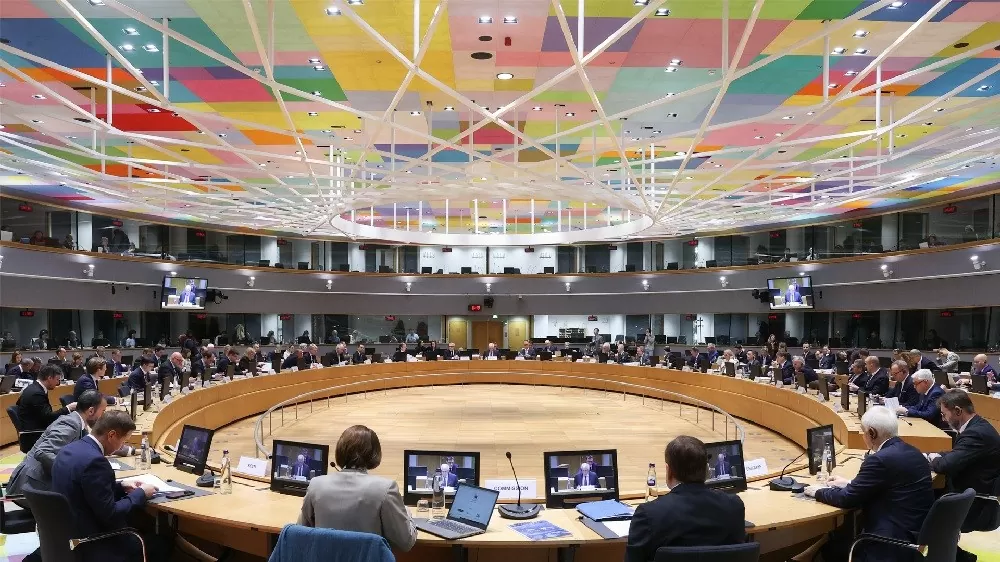 |
| EU Defense Ministers meeting in Brussels, Belgium, November 19. (Source: EDA) |
According to AFP news agency, although in recent years, many European countries have increased defense spending due to the Russia-Ukraine conflict as well as concerns that the US may reduce its commitment to defending the continent, according to senior European Union (EU) officials, increased spending is not enough.
Countries need to cooperate in developing and procuring weapons jointly to improve efficiency, reduce fragmentation in the European defence market and achieve better value from investments.
Speaking at the meeting, EU High Representative for Foreign Affairs and Security Policy Josep Borrell stressed that in the current geopolitical context, national efforts, while important, are not enough. There is a need for closer cooperation between countries and increased spending to be prepared to respond to high-intensity conflicts.
Meanwhile, the Executive Director of the European Defence Agency (EDA) Jiri Sedivy said: "To become a reliable security provider, the EU must develop strategic capabilities, including the ability to respond to high-intensity war situations."
Accordingly, defense ministers from 18 countries signed a "letter of intent" to develop four programs. Specifically, 18 countries, including Germany, France, Italy, Cyprus and Luxembourg, have joined forces to cooperate on air defense systems, while 17 countries will coordinate to develop cruise missiles, 14 countries will focus on electronic warfare and 7 countries will cooperate to develop European warships.
These initiatives include short-term joint procurement, medium-term modernization and upgrading, as well as long-term capability development to meet future challenges.
While no specific financial value has been announced for the initiatives or the list of participating companies, the EDA said the main goal is to improve Europe's common defense capabilities, reduce dependence on external defense supplies, and enhance the region's strategic autonomy.
Also related to defense capabilities, data from the European Defense Agency shows that by 2024, EU members are closing the military spending gap under the North Atlantic Treaty Organization (NATO)'s 2% guideline, when total spending is expected to reach 1.9% of the bloc's GDP.
By the end of 2024, member states are expected to spend more than €100 billion on investment, far exceeding the agreed target of dedicating 20% to defence, in line with their commitment under the Permanent Structured Cooperation (PESCO).
Regarding the conflict in Ukraine, on the same day, November 19, in an interview with the Financial Times (FT) , Estonian Foreign Minister Margus Tsakhna said that Ukraine's NATO membership is the most reliable guarantee for Kiev's security, but without the US's consent, this is almost impossible.
According to the official, if Washington opposes Kiev's accession to NATO, Europe needs to proactively deploy troops on Ukrainian territory after completing actions to prevent possible Russian actions.
Mr Tsakhna also expressed concern that US President-elect Donald Trump's promise to quickly end the conflict could lead to unfair deals that would weaken the Eastern European country.
Source: https://baoquocte.vn/eu-rot-rao-hanh-dong-khan-tang-cuong-nang-luc-quan-su-mot-nuoc-baltic-hoi-thuc-gui-quan-den-ukraine-294369.html


![[Photo] General Secretary To Lam meets with Chairman of the Federation Council, Parliament of the Russian Federation](https://vphoto.vietnam.vn/thumb/1200x675/vietnam/resource/IMAGE/2025/5/10/2c37f1980bdc48c4a04ca24b5f544b33)
![[Video] 24-hour news on May 9, 2025: General Secretary To Lam officially visits the Russian Federation and attends the 80th anniversary of Victory Day in the Great Patriotic War](https://vphoto.vietnam.vn/thumb/1200x675/vietnam/resource/IMAGE/2025/5/10/5eaa6504a96747708f2cb7b1a7471fb9)

![[Photo] Ho Chi Minh City: Many people release flower lanterns to celebrate Buddha's Birthday](https://vphoto.vietnam.vn/thumb/1200x675/vietnam/resource/IMAGE/2025/5/10/5d57dc648c0f46ffa3b22a3e6e3eac3e)
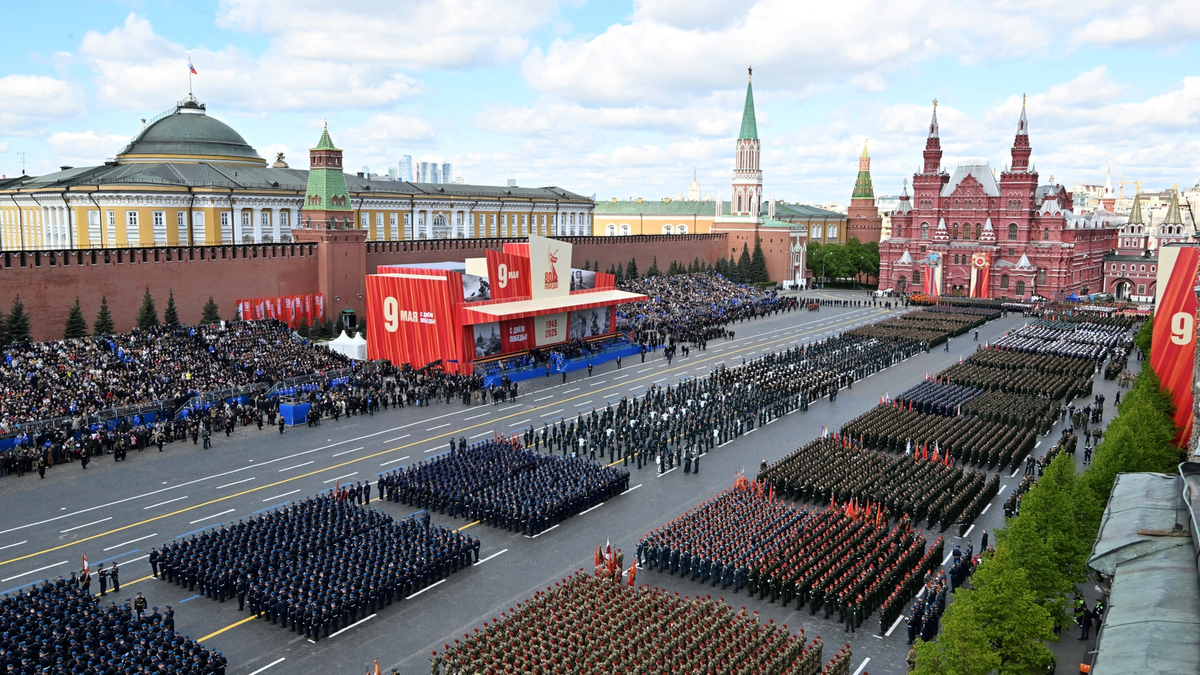
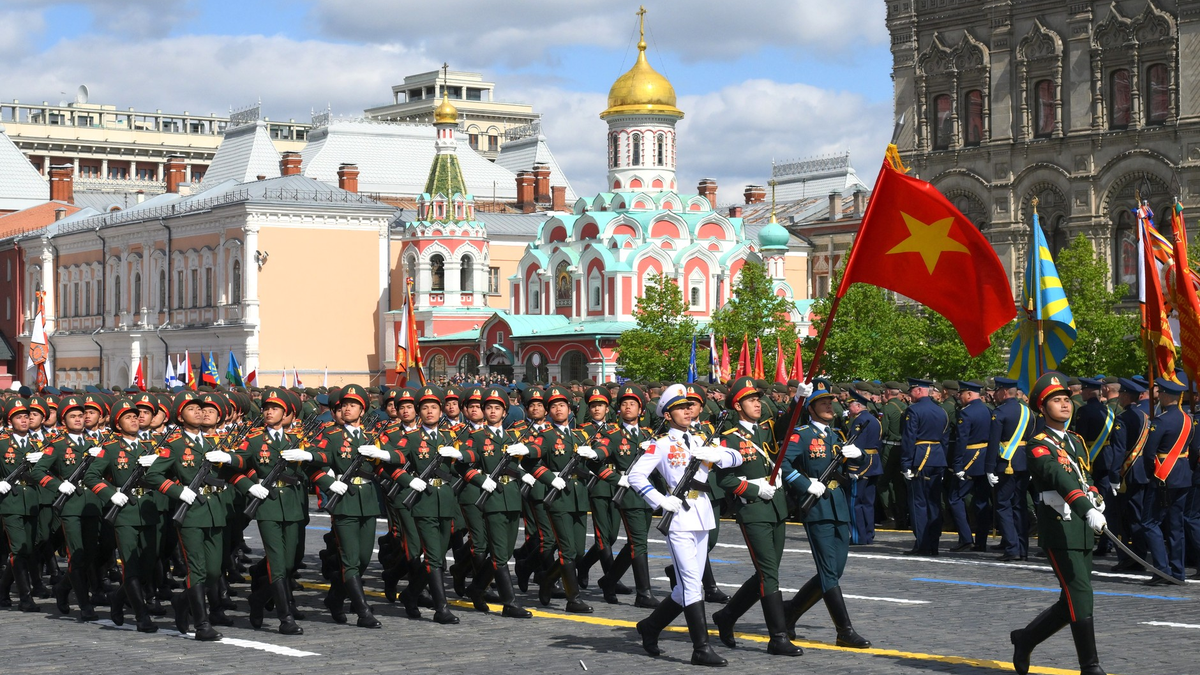
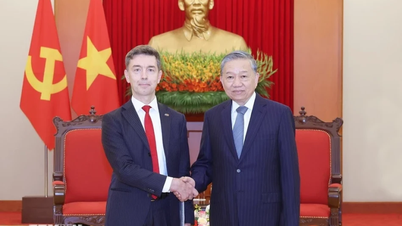

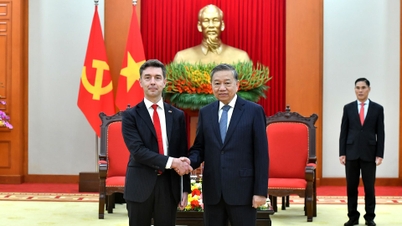








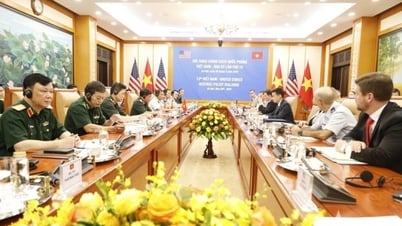


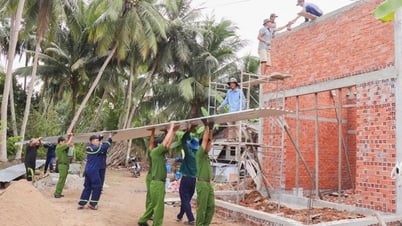
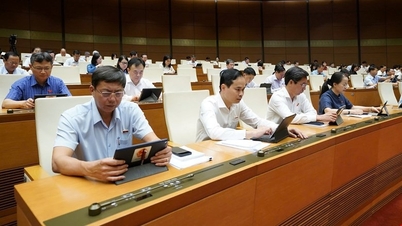
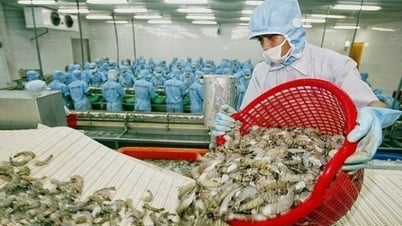





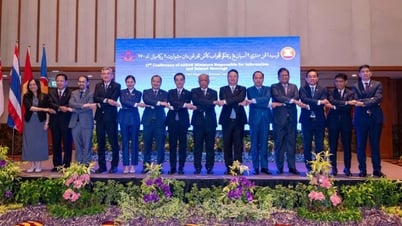




![[Photo] Russian military power on display at parade celebrating 80 years of victory over fascism](https://vphoto.vietnam.vn/thumb/1200x675/vietnam/resource/IMAGE/2025/5/9/ce054c3a71b74b1da3be310973aebcfd)













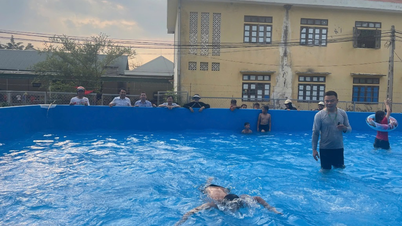













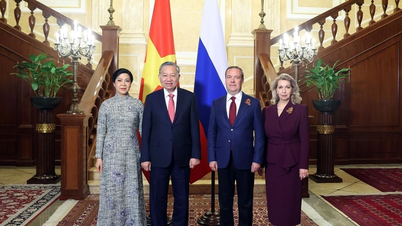

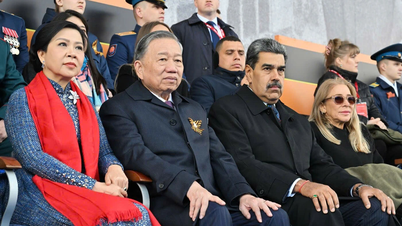





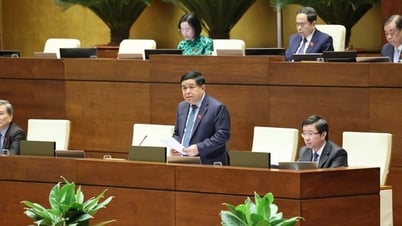






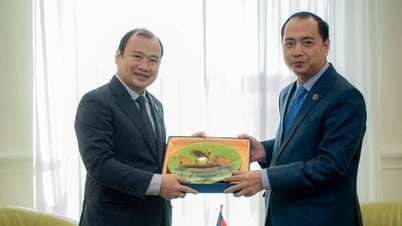




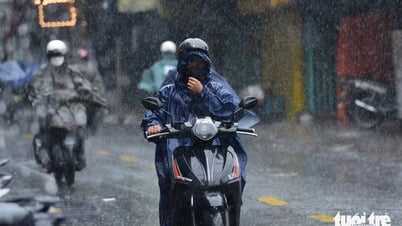
















Comment (0)